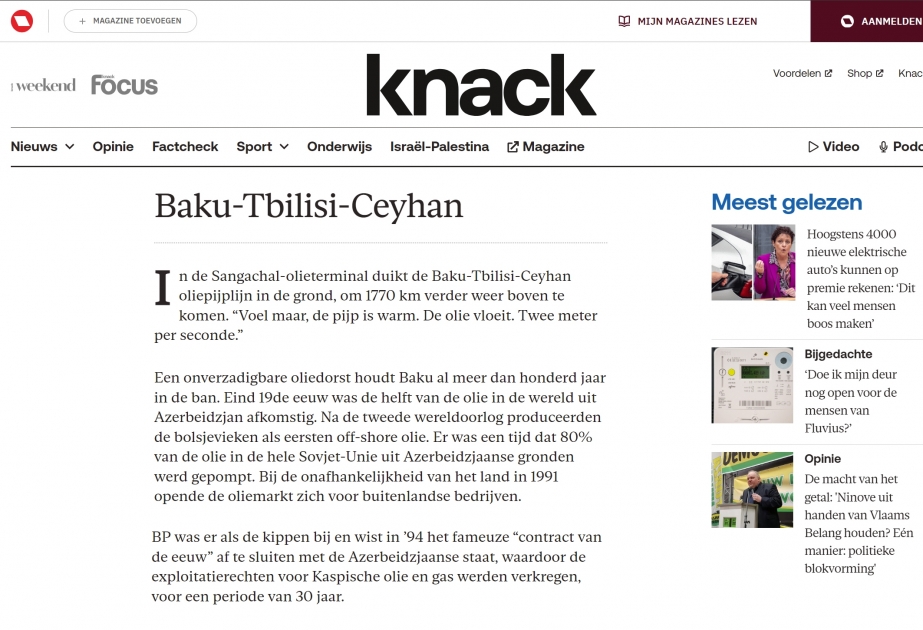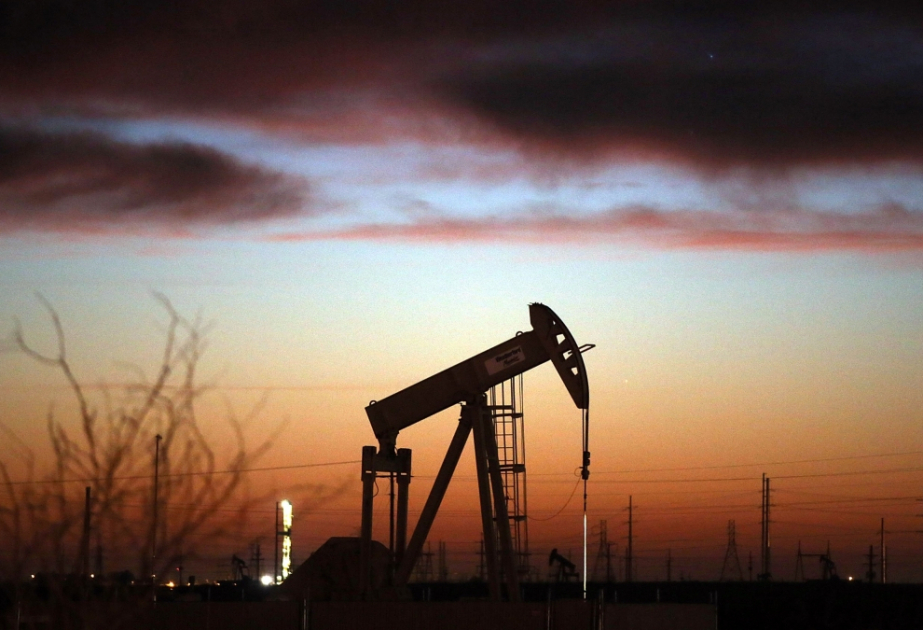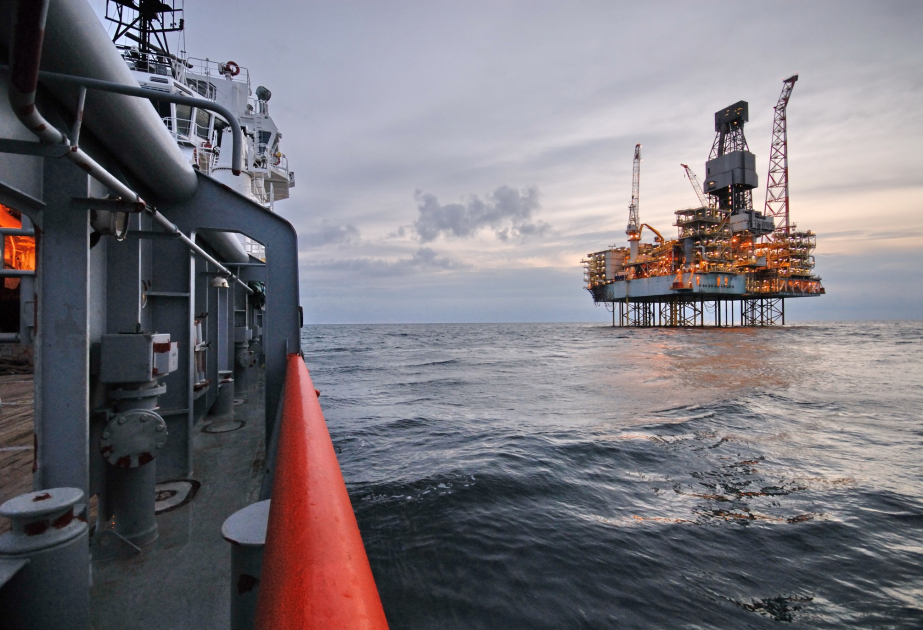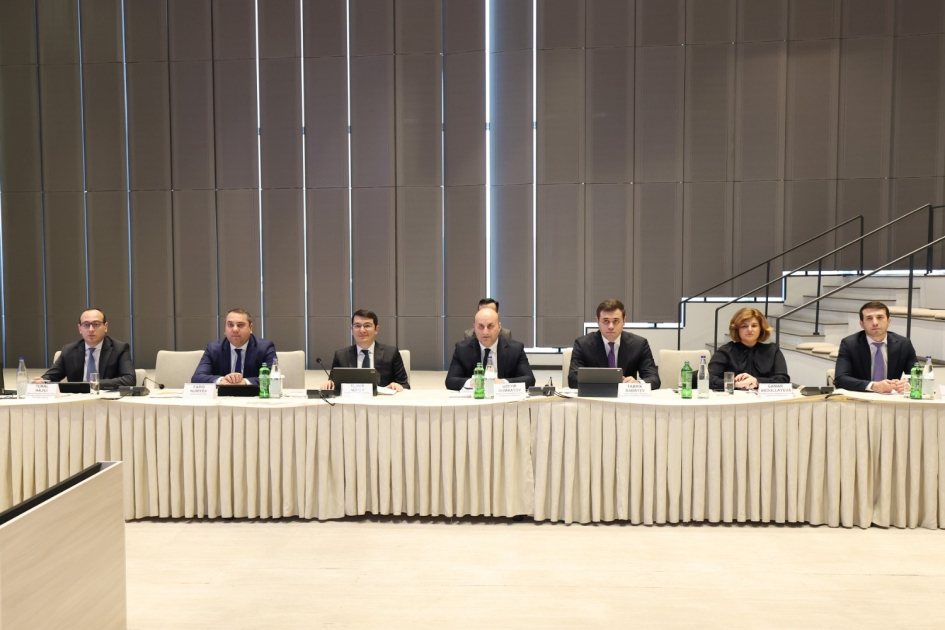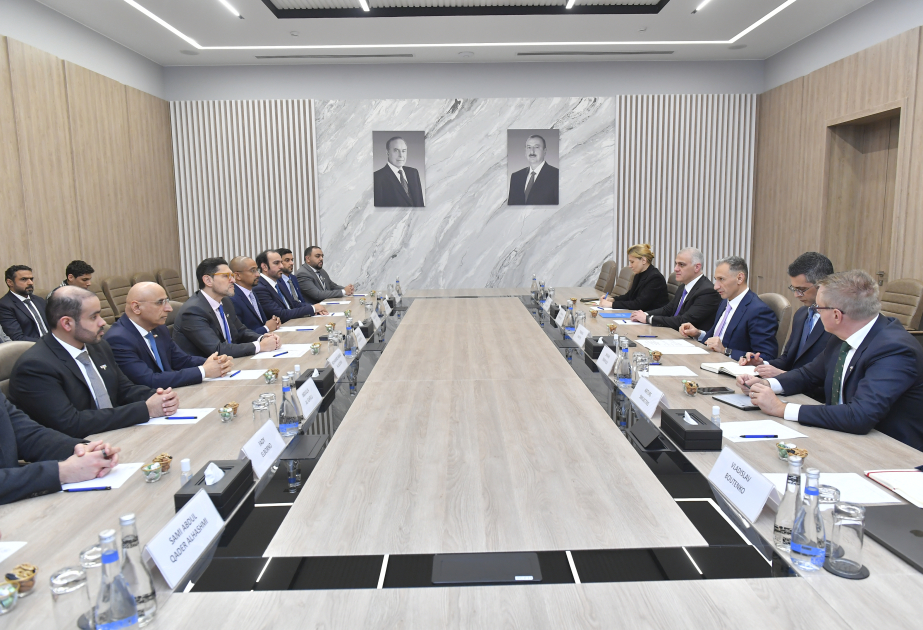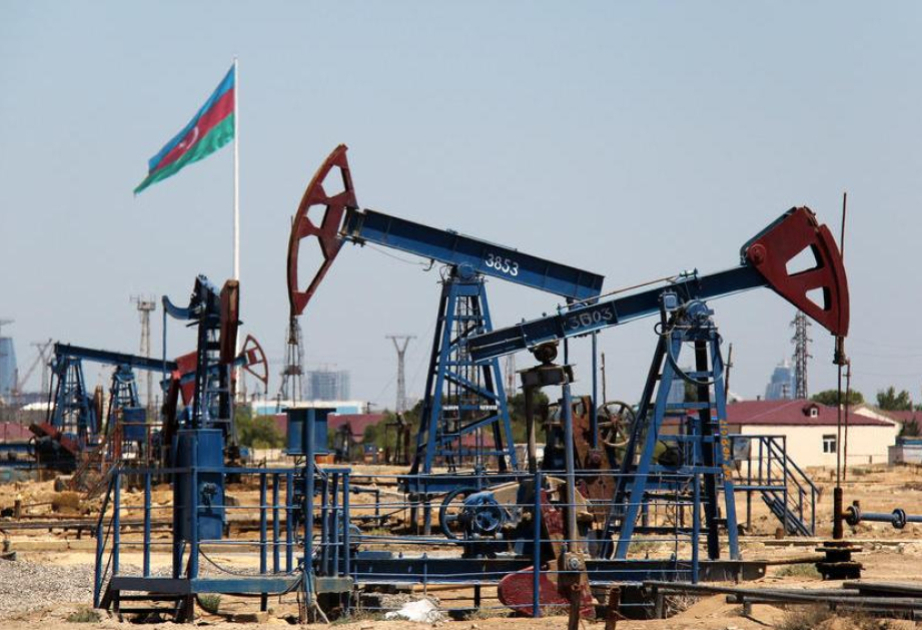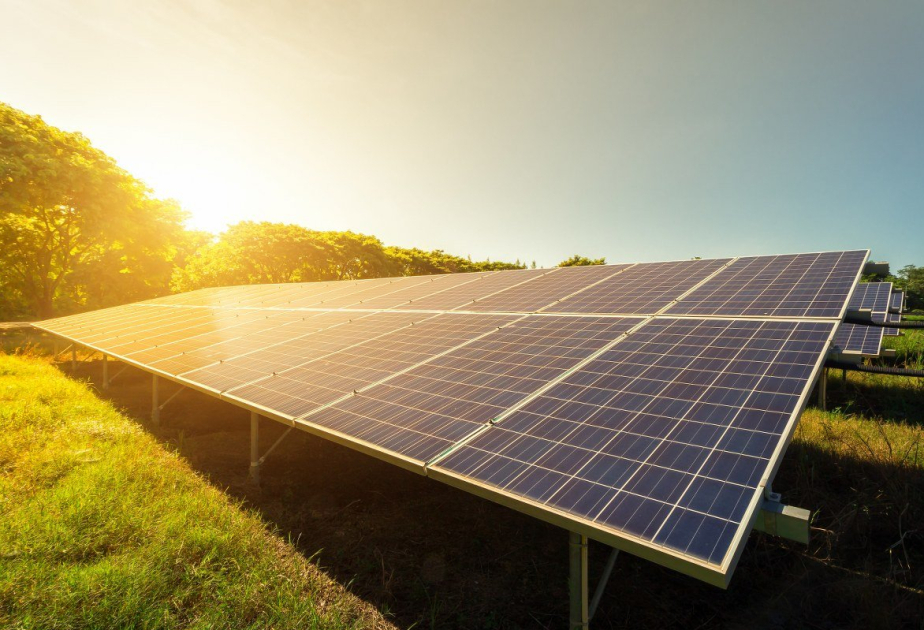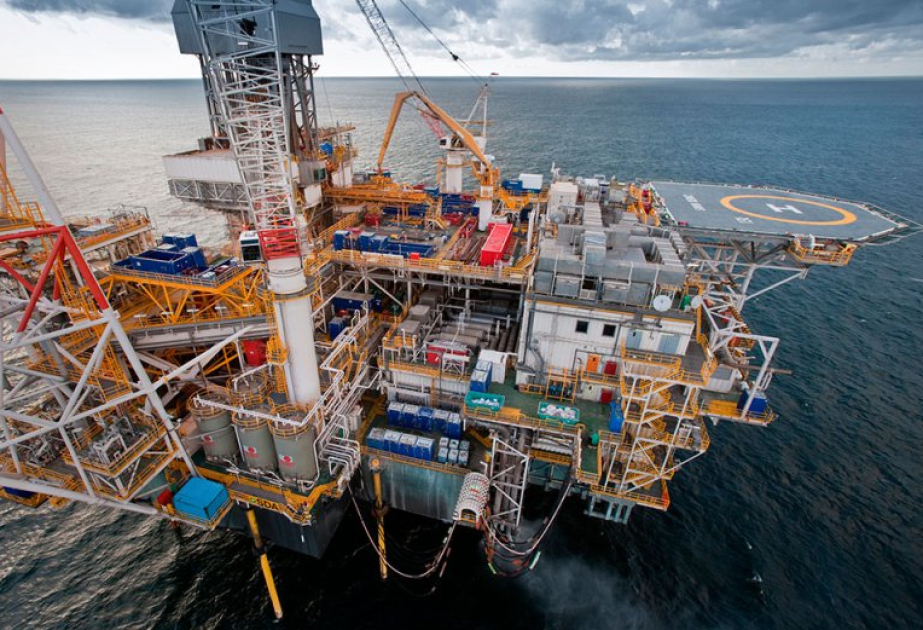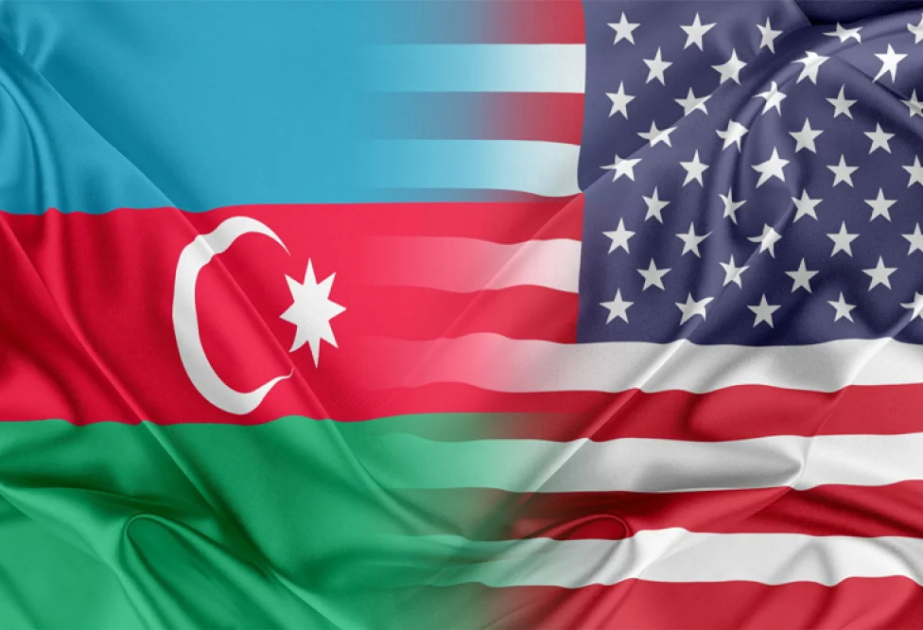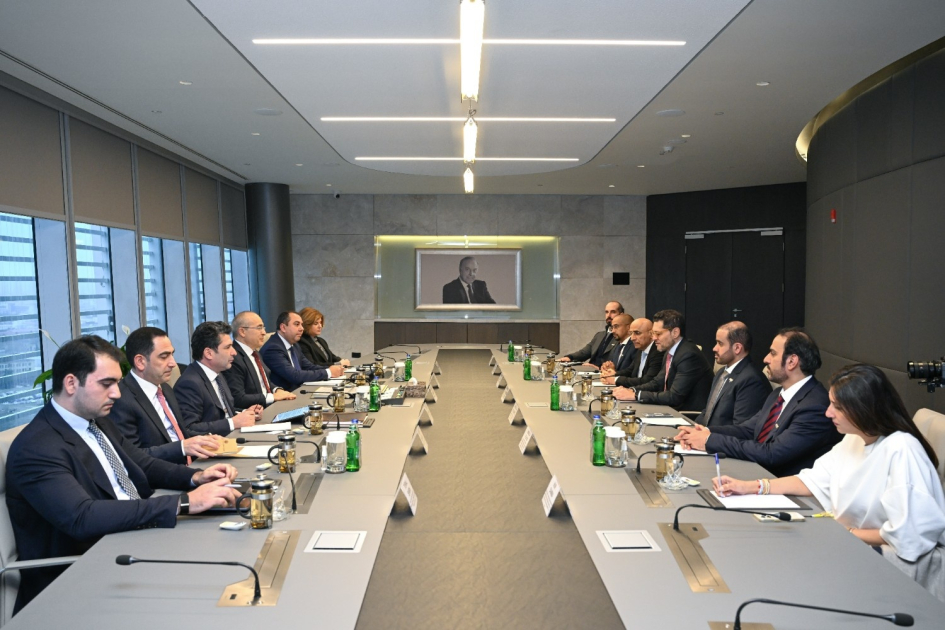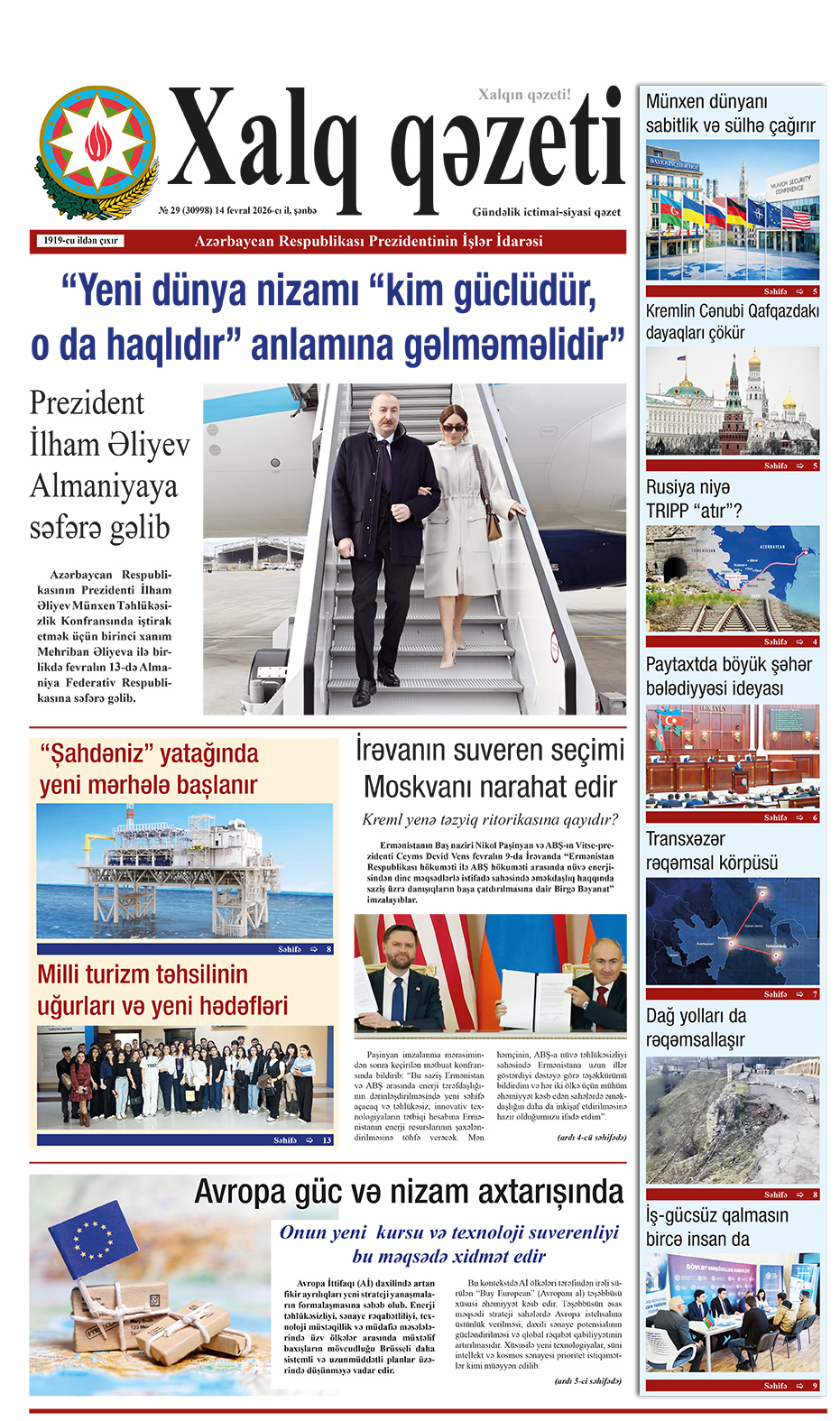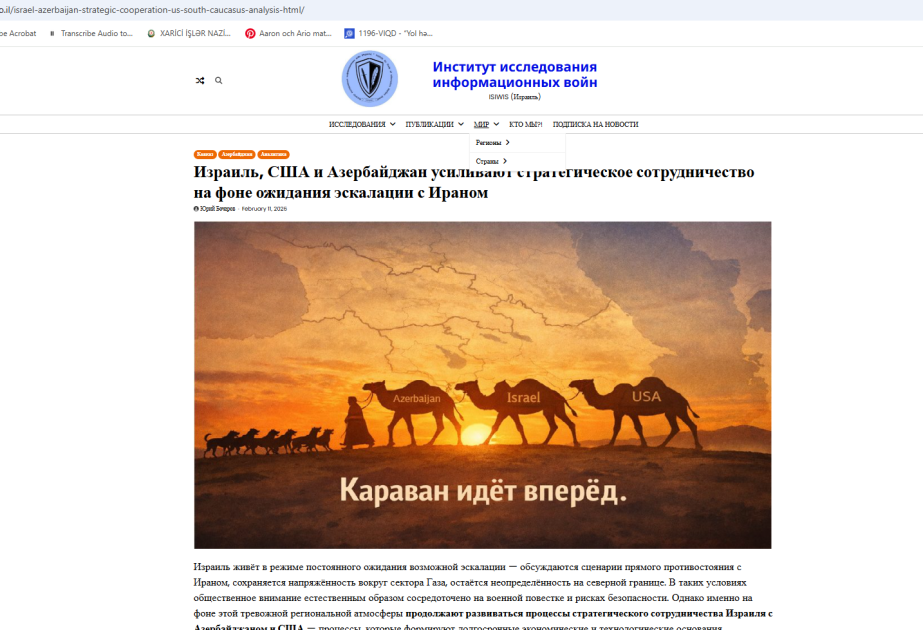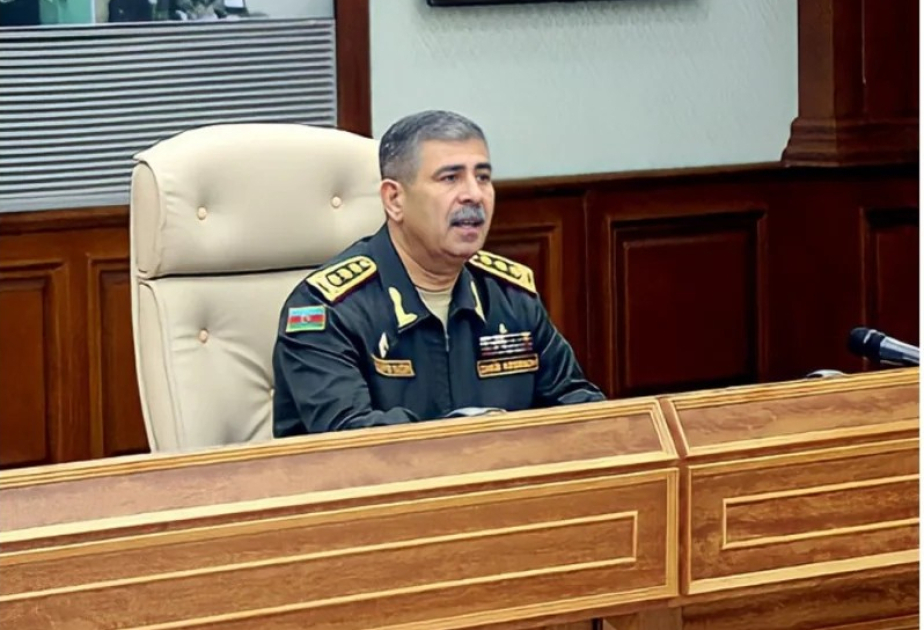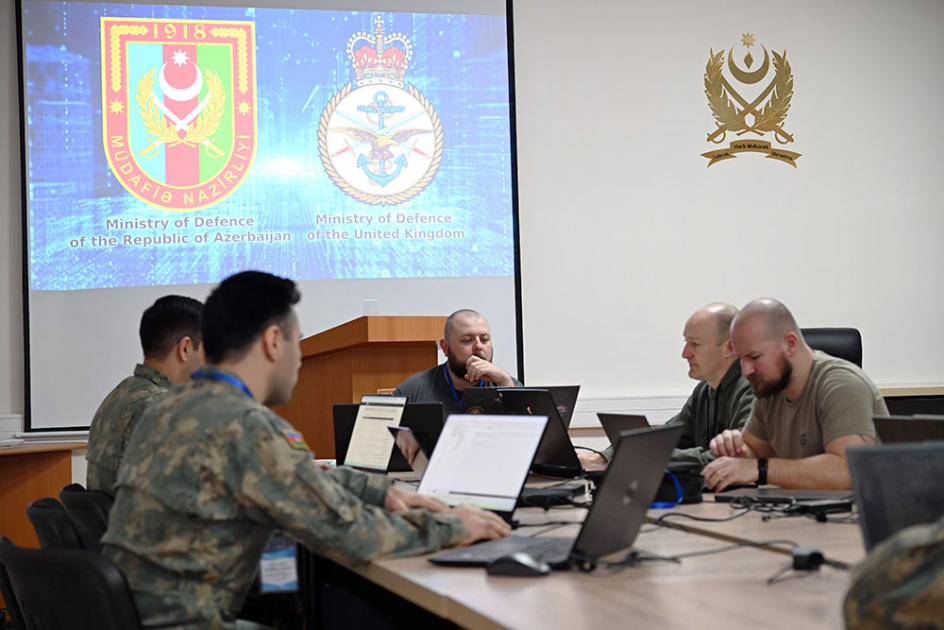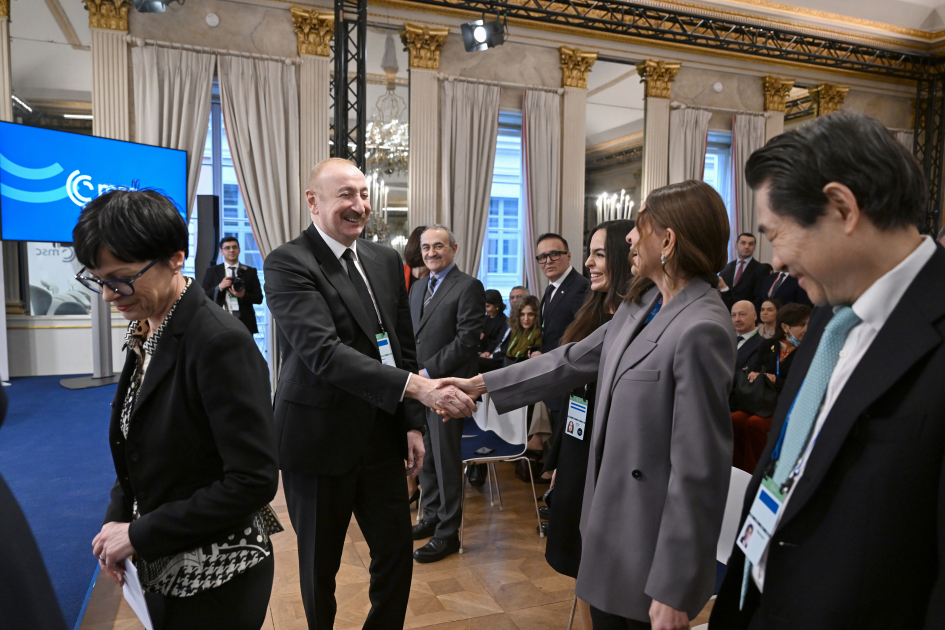The Contract of the Century signed in 1994 to develop Azeri, Chiraq and Gunashli (ACG) fields in the Caspian was vital for the Azerbaijan’s economic growth. After the early oil project, full-field development of the ACG fields started. With expansion of production there was a need for the main export pipeline to transport increased volumes of oil to the world markets. President Heydar Aliyev proposed to extend the main export pipeline to the port of Ceyhan in Türkiye, located in the Mediterranean Sea. However, some shareholder companies of the Contract of the Century offered other directions, such as the northern route passing through Russia, or the cheaper southern route passing through Iran. But Heydar Aliyev’s BTC vision was ambitious and needed an in-depth commitment and understanding in the hermetic worlds of business, politics, and technology. If such a pipeline could run to the Mediterranean, it would create a critical new source of supply meeting the demand of vast regions in the West that are so hungry for oil.
From the geopolitical perspective, Azerbaijan has become the undisputed champion of energy exports and Baku-Tbilisi-Ceyhan (BTC) is a world-class pipeline from the land-locked Caspian Sea to the world markets. Heydar Aliyev’s vision and strategy enhanced regional cooperation, increasing the significance of the East-West energy corridor.
President Ilham Aliyev, who took on the legacy of the great leader, has achieved tremendous successes in the country’s economic growth:
“Europe not only supports Azerbaijan's work in this field, but there have been quite a few appeals to us, and we have responded positively to them. …The Energy Commission of the European Union describes Azerbaijan as a pan-European gas supplier, and they are absolutely right. … This brings us immense dividends, both economic and, of course, political. … the gas factor is currently at the forefront from the point of view of energy security.
Unfortunately, some politicians in Europe do not understand this. After the events of September, some of them even declared that gas cooperation between Azerbaijan and Europe should be stopped. Such statements, of course, do not strengthen our cooperation. It is true that this statement was made by the president of the European Parliament. The European Commission has never made such statements and, of course, will never do. But I must state that if this position prevails for whatever reason, then the companies that simply signed long-term contracts with us will have to pay fines worth hundreds of millions, if not billions of euros. Therefore, senior officials making such nonsensical statements should be more careful.
Azerbaijan receives much less income from gas exports compared to oil exports. If our gas supply to Europe is interrupted for whatever reason, many countries will be in a more difficult situation, and everyone in Europe should understand this, including the president of the European Parliament who makes such irresponsible statements.”
The article published by Belgium’s online news outlet Knack highlights the history, present and the potential future of the BTC pipeline, as well as the geopolitical implication it carries.
Guivami Rahimli, PhD, bp’s Senior Government Affairs Advisor, who hosted Knack correspondent at the Sangachal terminal, showing the “beating heart” of Azerbaijan’s oil and gas industry and conveying messages about bp activities in the region of geostrategic significance, has shared with AZERTAC the article released by this international media outlet.
Baku-Tbilisi-Ceyhan
In the Sangachal oil terminal, the Baku-Tbilisi-Ceyhan oil pipeline plunges into the ground, only to resurface 1770 km away. "Feel it, the pipe is warm. The oil flows. Two meters per second."
An insatiable thirst for oil has captivated Baku for more than a hundred years. At the end of the 19th century, half of the world's oil came from Azerbaijan. After the Second World War, the Bolsheviks were the first to produce offshore oil. There was a time when 80% of the oil in the entire Soviet Union was pumped out of Azerbaijani soils. Upon the country's independence in 1991, the oil market opened up to foreign companies.
BP was quick to jump on the bandwagon and in 1994 managed to conclude the famous "contract of the century" with the Azerbaijani state, which gave the exploitation rights for Caspian oil and gas, for a period of 30 years.
"Our biggest discovery in exploratory drilling in the 1990s was the Shah Deniz gas reserve and the Azeri-Chirag-Gunashli (ACG) oil field, which has a proven reserve of 5.4 billion barrels," says BP’s Guivami Rahimli at the Caspian Energy Center. "BP invested $20 billion in the construction of seven platforms in the Caspian Sea."
I was shown around the Sangachal complex, the nerve center of BP's oil and gas production, a high-tech labyrinth of pipes and pumps, boilers and tanks, 50 km from Baku. "Sangachal is the largest oil terminal in the world," says Guivami. "Four pipelines depart from here to export our oil and gas. This is where BTC dives into the ground, only to resurface 1770 km away, in the port of Ceyhan, Turkey. Feel it, the pipe is warm. The oil flows. Two meters per second."
You can't miss it. Along the runway from Baku to the Sangachal terminal, a giant oil rig awaits the journey to the open sea. The "Deepwater Gunashli", BP's sixth platform in the Caspian Sea, is nearing completion. "The colossus weighs 16,000 tonnes, is the height of an apartment building and is equipped with a residential unit with 200 beds," says bp manager Derek Patience during a visit. "Workers alternate between staying offshore for a month and at home for a month."
"Every nook and cranny of the platform is monitored by security cameras and fire detectors. There is an explosion-proof wall that separates the operational part from the safe part. In case of emergency, the platform can be completely evacuated within the hour with lifeboats and helicopters."
"In August, the Deepwater Gunashli will move to its final home in the sea. When it goes into operation in 2008, we will pump one million barrels of crude oil daily from the ACG field. That's one-fourth of the world's oil needs. At the moment we are at 700,000 barrels per day."
Further on at yard, the "jackets" are made, the steel legs on which the platform rests in the sea. "It's just a big boy's toy," laughs Alan Mc Caskie, who takes me to the top of the jacket of the Deepwater Gunashli in the work lift. "The jacket stands on mud mats that are anchored in the seabed with 100-metre-long nails."
Back at "Villa Petrolea," BP's headquarters in Baku, the oil giant's positive influence in Azerbaijan cannot be overstated.
"In addition to direct oil revenues, BP promotes the economic environment and employment," says communications manager Tamam Bayatly. "For the production of pipelines and platforms, we do indeed rely on international companies with the necessary expertise. But local companies take care of supplies, service, and maintenance."
"The money that BP pays to the state, which was three billion dollars in 2006, ends up in the oil fund. It is up to the government to account to the people for what happens to it."
"We apply the same standards of safety, environmental and social affairs all over the world. We act in the same way in the Caspian Sea as we do in the North Sea, and we don't compromise."
"Our report on the potential social and environmental impact of the BTC pipeline was 11,000 pages long. The selection of the route took two years. Not one person was expropriated. In addition, bp invests millions of dollars in community building. For 2007, we have set aside $10 million."
"The strategic importance of BTC for Azerbaijan should not be underestimated. For the first time, the country is able to bring its oil directly to the Western market. While BTC brings in money in Georgia and Turkey in the form of transit rights, for Azerbaijan it is a means to sell its oil."
"In 2024, the contract of the century expires, and BTC will be transferred to the state. However, there is a clause to extend the contract and share the proceeds."


